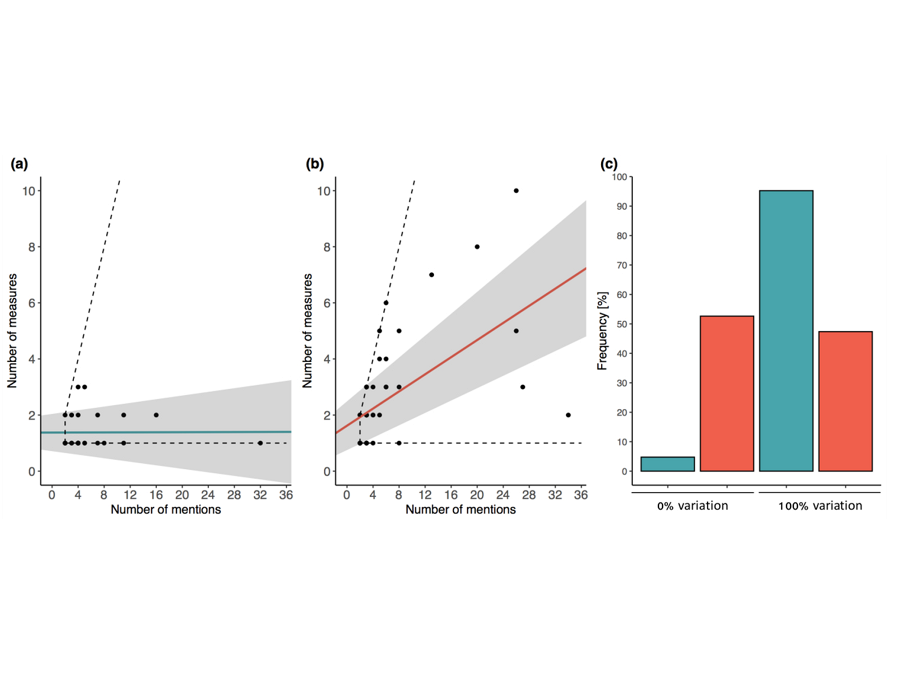
(14.4.2021) Modeling and understanding social-ecological knowledge diversity
When fisheries are described as a social-ecological system, the people involved perceive this system in very different ways. This was illustrated by the survey of 33 stakeholders in the cod fishery in the western Baltic Sea. Mental models schematically represent a section of an individual's mental reality and enable other people to comprehend their counterpart's view of an issue. The model is a system consisting of components and relationships between these components.
The evaluation of the views on the cod fishery in the western Baltic Sea has now been published in the journal Conservation Science and Practice. The authors found strong similarities in the understanding of the ecosystem: cod, herring, seals and cormorants were seen as relevant to the system, but also abiotic factors such as temperature.
In contrast, perceptions of the social system, with components such as fisheries, tourism, EU policy, and angling, varied widely in some cases. Here, a great diversity of social components was generally described, but also a high variability of metrics to represent the dynamics of the system. Some models define fisheries as one component, while other models make further subdivisions into different sectors such as set gillnet fisheries, trawl fisheries, industrial fisheries, or full-time or part-time fisheries. The metrics that stakeholders use to describe the dynamics of the system also differ, sometimes significantly, particularly in the social system. For example, the stakeholders surveyed measure fisheries by revenue, number of people working in the fishery, or by the number of fishermen.
The study shows that marine resource management must take this diversity into account when understanding social-ecological systems in order to ensure sustainable management of natural resources, according to Heike Schwermer, lead author of the study and a staff scientist at the Center for Ocean and Society.